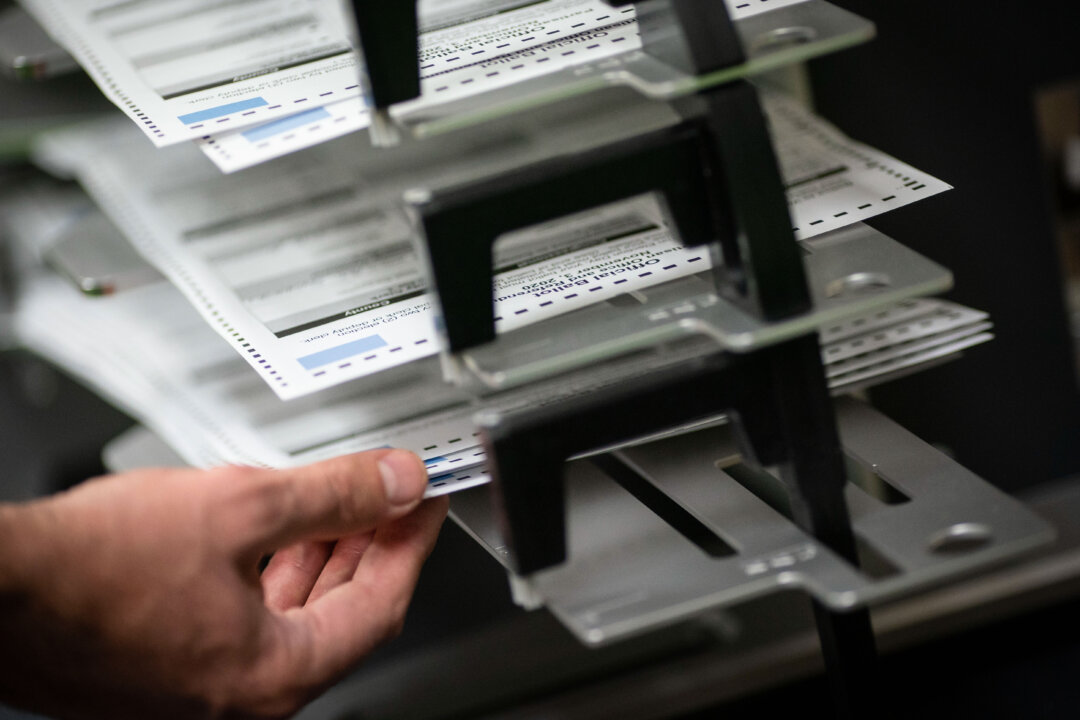So who says all politics are 'political'? Wisconsin shows us that there is still some integrity, at least some in the judicial system.
Long backstory made short is the Wisconsin legislature redrew the maps for their legislative districts, it was declared biased, and sent back. During the process the make up of the elected State Supreme Court changed from Conservative to Liberal bias. The newest liberal justice recused herself from the ruling because she was not on the court when it heard earlier arguments.
The court sided against a Democratic lawsuit and in favor of the Republicans, giving the GOP map approval for the new congressional district maps.

Long backstory made short is the Wisconsin legislature redrew the maps for their legislative districts, it was declared biased, and sent back. During the process the make up of the elected State Supreme Court changed from Conservative to Liberal bias. The newest liberal justice recused herself from the ruling because she was not on the court when it heard earlier arguments.
The court sided against a Democratic lawsuit and in favor of the Republicans, giving the GOP map approval for the new congressional district maps.
Wisconsin Supreme Court rejects Democrats’ congressional redistricting challenge
The decision not to hear the congressional challenge comes after the court in December ordered new legislative maps, saying the Republican-drawn ones were unconstitutional.

The Elias Law Group, which filed the congressional challenge on behalf of Democratic voters, said the court’s decision on the legislative maps opened the door to them revisiting the other maps.
But the court declined to take up the case. It did not give a reason in the unsigned order.
Justice Janet Protasiewicz did not participate. There was a request for her to recuse, but Protasiewicz said she didn’t participate because she wasn’t on the court when the case was originally brought.
Two of the court’s conservative members, Chief Justice Annette Ziegler and Justice Rebecca Bradley, wrote that although the case was rightfully rejected, “it likely won’t be long until the new majority flexes its political power again to advance a partisan agenda despite the damage inflicted on the independence and integrity of the court.”
. . .
In the legislative maps ruling, the state Supreme Court said the earlier conservative-controlled court was wrong in 2021 to say that maps drawn that year should have as little change as possible from the maps that were in place at the time. The lawsuit argued that decision warranted replacing the congressional district maps that were drawn under the “least change” requirement.


